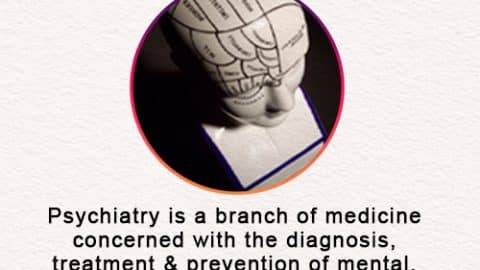A recent study conducted at the University of Southampton has uncovered a concerning correlation between extended staff shifts and a higher risk of patient incidents in mental health and community hospital wards.
This groundbreaking research reveals that when the majority of shifts in a ward-day extend to 12 hours or longer, the number of incidents involving self-harm, threatening behavior, and violence against staff notably increases.
The study, which is the first of its kind in England, analyzed incident data from mental health and community hospitals in Hampshire and paired it with records of nursing staff shift patterns over a three-year period.
Dr. Chiara Dall’Ora, an Associate Professor in Health Workforce at the University of Southampton and the lead researcher behind the study, emphasizes the gravity of these findings.
She states, “The consequences of patient incidents such as self-injury and disruptive behavior are serious, and using high proportions of long shifts is associated with higher risk rates of such incidents in mental health and community hospitals.”
The study’s insights have far-reaching implications for nurse managers and those responsible for scheduling nursing staff. Dr. Dall’Ora recommends caution in implementing 12-hour or longer shifts as a one-size-fits-all solution, urging a more nuanced approach.
A Pioneering Study To Understand The Correlation Between Staff Shifts Length and Incidents
This pioneering study represents a significant contribution to our understanding of the relationship between nursing staff shift patterns and patient incidents in mental health and community hospital settings.
By delving into incident data from two NHS trusts in Hampshire, the research uncovers crucial insights that shed light on potential areas for improvement in patient care.
The University of Southampton’s commitment to advancing healthcare knowledge is evident in this groundbreaking research, which addresses a critical issue affecting both nursing staff and patients.
The study’s central finding revolves around the direct correlation between the length of nursing staff shifts and the occurrence of patient incidents. Specifically, when the proportion of nursing staff working 12-hour or longer shifts exceeded 70% on a daily basis, there was a significant uptick in incidents involving self-harm, threatening behavior, and violence against staff.
This correlation underscores the importance of considering the impact of shift lengths on patient well-being. It prompts a reevaluation of scheduling practices to ensure the safety and comfort of both patients and healthcare providers.
Dr. Chiara Dall’Ora’s research highlights the complexity of the issue. Rather than advocating for the wholesale adoption of 12-hour shifts, the study urges nurse managers and scheduling authorities to take a more nuanced approach. It emphasizes the need for individualized consideration of staffing needs and patient demographics when determining appropriate shift lengths.
Dr. Dall’Ora’s previous work focused on the consequences of extended nursing shifts and their contribution to staff burnout in NHS hospital settings. In a prior publication, she found that limited options regarding working hours, understaffing, and insufficient breaks contributed significantly to nursing staff exhaustion and burnout.
This latest study builds upon her previous research, providing a deeper understanding of how extended shifts impact both nursing staff and patients. It offers valuable insights into the potential strategies needed to address the risks associated with prolonged shifts while ensuring high-quality patient care.
The findings of this study have broad implications for healthcare systems not only in the United Kingdom but also around the world. As mental health and community hospital settings grapple with the challenge of providing effective care, this research underscores the need for careful consideration of staffing patterns and shift lengths.
Addressing the issue of patient incidents and staff well-being is not limited to one region or healthcare system. It is a global concern that requires collaborative efforts and data-driven decision-making to create safer and more supportive healthcare environments.
The University of Southampton’s groundbreaking study reveals a significant connection between extended nursing staff shifts and an increased risk of patient incidents in mental health and community hospital wards.
This research, the first of its kind in England, emphasizes the need for a nuanced approach to shift scheduling, rather than a one-size-fits-all solution of 12-hour shifts.
Dr. Chiara Dall’Ora’s findings have far-reaching implications for healthcare systems, urging a reevaluation of staffing practices to prioritize the well-being of both nursing staff and patients.
By addressing this critical issue, healthcare providers can work towards creating safer and more supportive environments for all involved in the care process.





